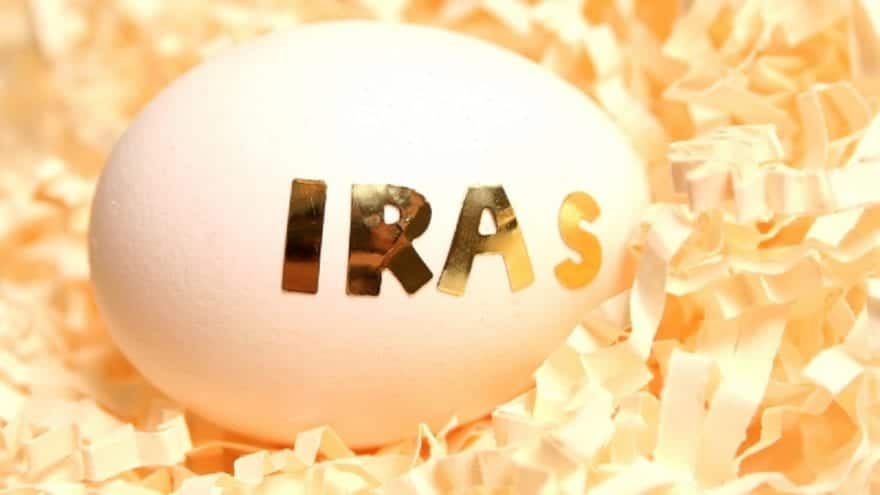Legacy Design Strategies
Omaha, NE, Minot, ND and Iowa Fall, IA Estate Planning and Elder Law Firm
Estate Planning and Elder Law Blog

When investing for retirement, two common types of accounts are part of the planning: 401(k)s and IRAs. J.P. Morgan’s recent article entitled “What are IRAs and 401(k)s?” explains that a 401(k) is an employer-sponsored plan that lets you contribute some of your paycheck to save for retirement.
A potential benefit of a 401(k) is that your employer may match your contributions to your account up to a certain point. If this is available to you, then a good goal is to contribute at least enough to receive the maximum matching contribution your employer offers. An IRA is an account you usually open on your own. As far as these accounts are concerned, the key is knowing the various benefits and limitations of each type. Remember that you may be able to have more than one type of account.
IRAs and 401(k)s can come in two main types – traditional and Roth – with significant differences. However, both let you to delay paying taxes on any investment growth or income, while your money is in the account.
Your contributions to traditional or "pretax" 401(k)s are automatically excluded from your taxable income, while contributions to traditional IRAs may be tax-deductible. For an IRA, it means that you may be able to deduct your contributions from your income for tax purposes. This may decrease your taxes. Even if you aren't eligible for a tax-deduction, you are still allowed to make a contribution to a traditional IRA, as long as you have earned income. When you withdraw money from traditional IRAs or 401(k)s, distributions are generally taxed as ordinary income.
With Roth IRAs and Roth 401(k)s, you contribute after-tax dollars, and the withdrawals you take are tax-free, provided that they’re a return of contributions or "qualified distributions" as defined by the IRS. For Roth IRAs, your income may limit the amount you can contribute, or whether you can contribute at all.
If a Roth 401(k) is offered by your employer, a big benefit is that your ability to contribute typically isn't phased out when your income reaches a certain level. 401(k) plans have higher annual IRS contribution limits than traditional and Roth IRAs.
When investing for retirement, you may be able to use both a 401(k) and an IRA with both Roth and traditional account types. Note that there are some exceptions to the rule that withdrawals from IRAs and 401(k)s before age 59½ typically trigger an additional 10% early withdrawal tax.
Reference: J.P. Morgan (May 12, 2021) “What are IRAs and 401(k)s?”

Get Started Today
Book your Free Estate Planning Consultation Now
Stay Up-To Date
Subscribe to Our eNewsletter
9859 South 168th Avenue,
Omaha, NE 68136
7 Third Street SE, Suite 202,
Minot, ND 58701
320 North Oak Street, PO Box 295,
Iowa Falls, IA 50126
